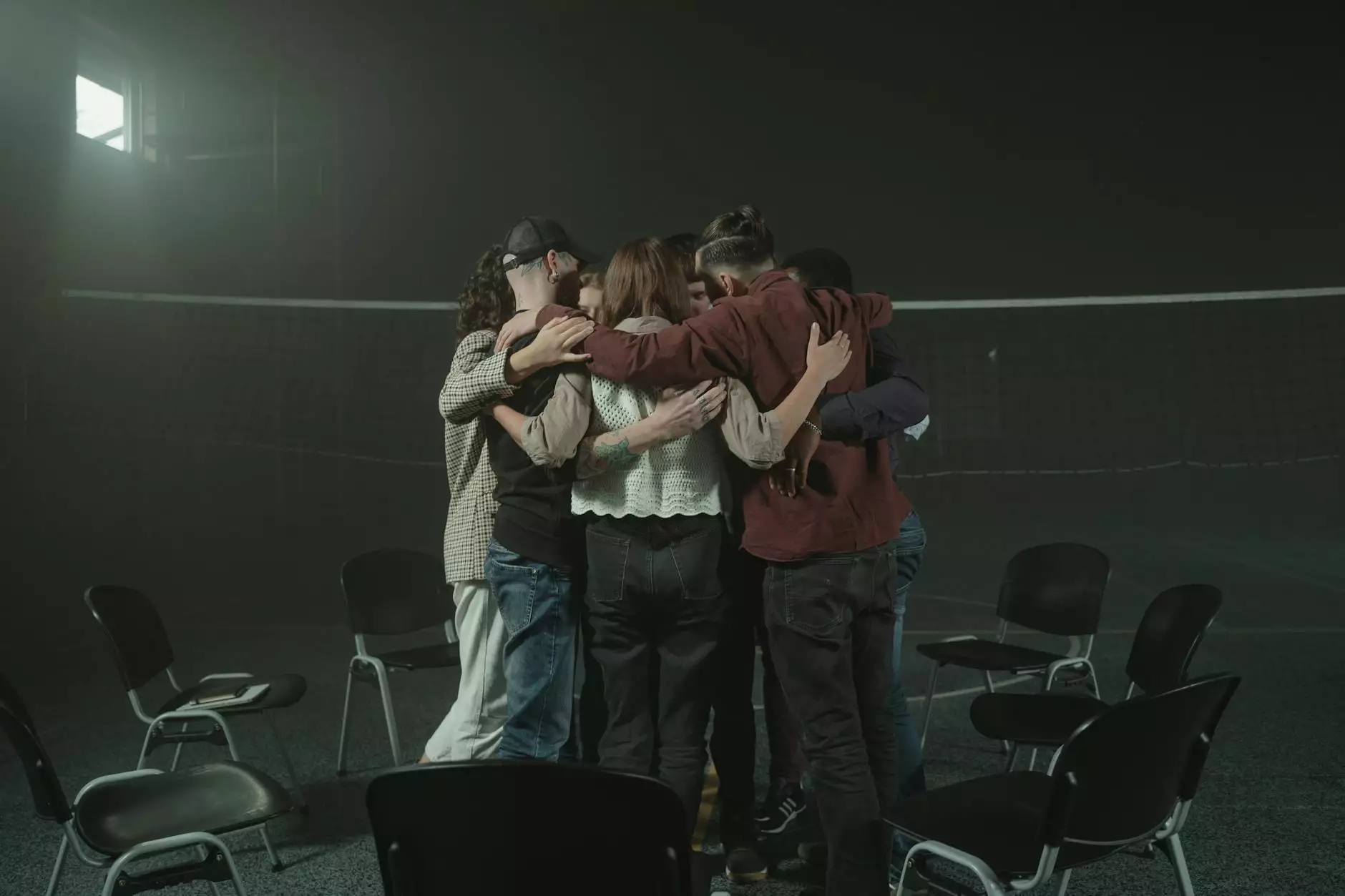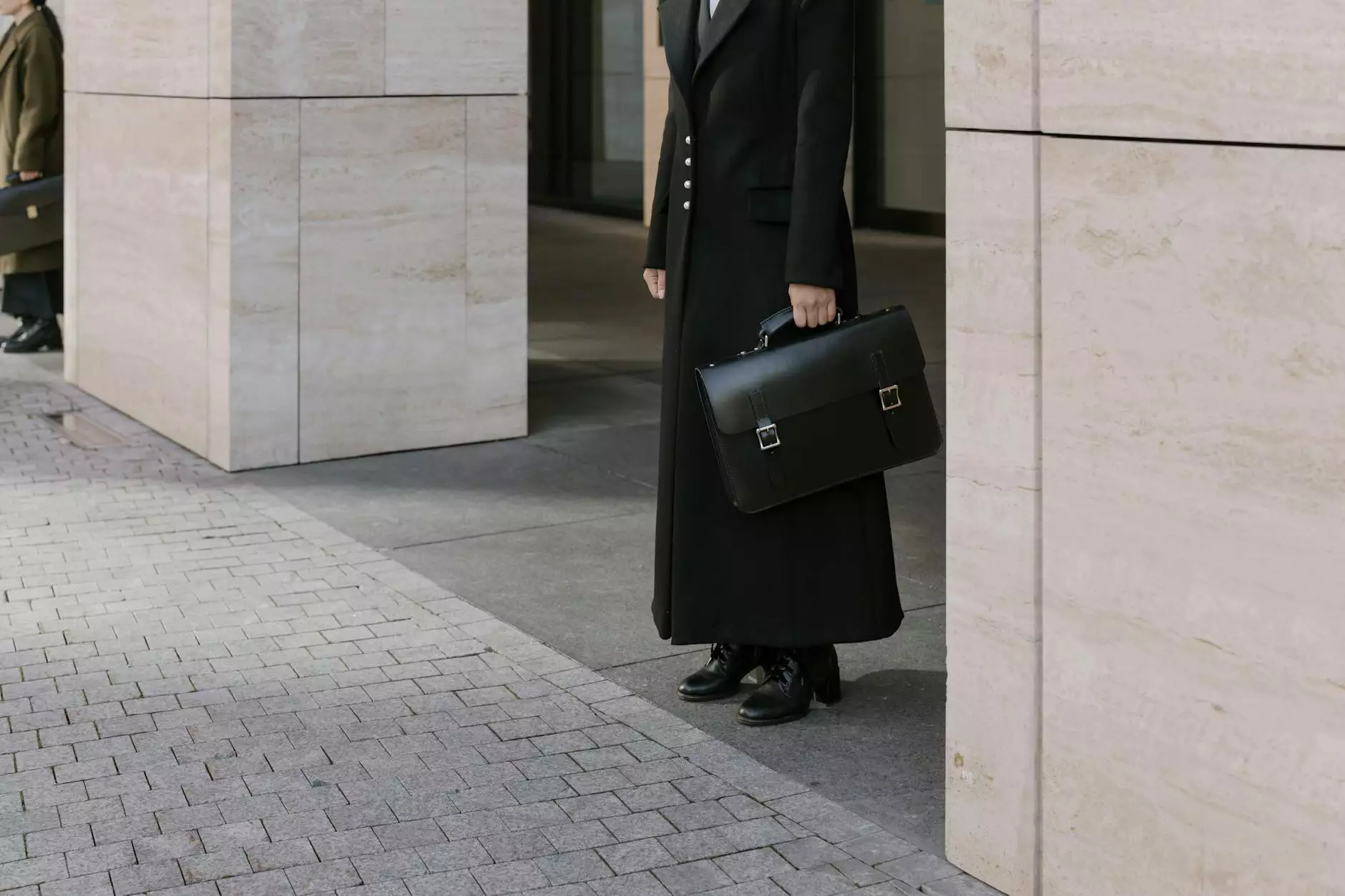Unveiling Fes History: The Heart of Moroccan Culture

Fes, one of Morocco's oldest cities, serves as a living testament to the country's rich historical tapestry. Whether you are planning a trip to explore the ancient medina or simply wish to understand why this city is often referred to as the cultural capital of Morocco, this comprehensive exploration of fes history will shed light on its remarkable legacy.
The Foundation of Fes: A Glimpse into its Origin
The history of Fes dates back to the late 8th century, when it was founded by the Idrisid dynasty in 789 AD. This dynasty was established by Idris I, the great-grandson of the Prophet Muhammad. The city quickly became a center of Islamic culture and learning, with roots deeply embedded in religious, educational, and commercial activities.
The Idrisid Dynasty: The Beginning of a Historical Journey
The Idrisid dynasty not only laid the foundations of Fes but also contributed significantly to the spread of Islam in North Africa. Under Idris I and his successors, Fes evolved into a thriving metropolis. This early period saw the construction of important infrastructures such as mosques and libraries, which attracted scholars from various parts of the Islamic world.
The Golden Age of Fes: Flourishing in the Middle Ages
By the 12th century, Fes had reached its zenith, becoming the largest city in the Muslim world at that time. The Al Quaraouiyine Mosque, founded in 859 AD, is one of the oldest existing, continually operating higher educational institutions in the world and symbolizes Fes’s burgeoning influence. Its inclusion as a UNESCO World Heritage site highlights its significance in global scholarly history.
Fes as a Cultural Center
During the Middle Ages, Fes became known for its scholastic achievements and a unique blend of various cultures. The city was a melting pot of ideas and practices, influenced by Arab, Berber, and even sub-Saharan cultures. The Fassi artisans mastered various crafts, particularly leather tanning, metalwork, and finely crafted ceramics, establishing Fes as a hub for high-quality products in the Mediterranean basin.
Architectural Marvels: A Testament to Fes History
The architecture of Fes tells a compelling history through its intricate designs and multifunctional structures. Among the city’s most recognized landmarks are its stunning madrasas and palaces, which showcase remarkable Islamic architecture.
The Medersa Bou Inania
Built in the 14th century, the Medersa Bou Inania is not only an educational institution but also a stunning example of Marinid architecture. The intricate tile work, carved wood, and stucco demonstrate the artistic spirit that defined Fes during this period. Visitors today continue to marvel at its beauty, while scholars appreciate its historical importance.
The Historical Medina of Fes
The medina, or old city, of Fes is a UNESCO World Heritage site and is renowned for being one of the world's largest car-free urban areas. Its narrow, winding streets are home to bustling souks (markets), where the sounds and smells of traditional Moroccan life permeate the air. This environment not only showcases the history of trade in Fes but also illustrates the city’s role as an important center for commerce over the centuries.
Fes in Modern Times: A Blend of History and Contemporary Life
Today, Fes remains a vibrant city where the past and present coexist harmoniously. The vibrant traditions are preserved while adapting to modern influences. Numerous festivals celebrate the city's rich heritage, and visitors can find a plethora of exciting experiences, from culinary tours featuring traditional dishes to arts and crafts workshops.
Cultural Festivals and Events
Among the prominent events is the annual Fes Festival of World Sacred Music, which attracts global artists and promotes interfaith dialogue. This festival not only highlights the city's rich history but also emphasizes its role in promoting peace and understanding through cultural exchange.
The Role of Fes in Today’s Tourism Landscape
With its deep-rooted history and cultural significance, the city of Fes plays a crucial role in Morocco's tourism industry. As visitors flock to explore Fes history, they contribute to the local economy while experiencing its unique offerings. With Morocco Classic Tours, travelers can embark on journeys that showcase the essence of Fes, exploring its historical backgrounds, vibrant culture, and stunning architecture.
Why Choose Morocco Classic Tours?
- Expert Guides: Knowledgeable and passionate guides provide visitors with insights into Fes history, culture, and traditions.
- Cultural Immersion: Tours are designed to offer authentic experiences, allowing travelers to engage with local artisans and enjoy traditional cuisine.
- Customizable Itineraries: Tailored excursions ensure that every visitor's interests are catered to, whether they are history buffs or adventure seekers.
Conclusion: The Lasting Legacy of Fes History
From its founding in the 8th century to its status as a cultural epicenter, the history of Fes is a testament to the enduring spirit of its people and the city’s influence worldwide. Exploring Fes is not merely a journey through time; it’s an opportunity to connect with a living history—an experience that enriches and inspires. As you immerse yourself in the streets of Fes, the echoes of its rich past will undoubtedly resonate, making it an unforgettable destination for any traveler.
To delve deeper into the fascinating fes history and embark on a memorable journey, contact Morocco Classic Tours today!









